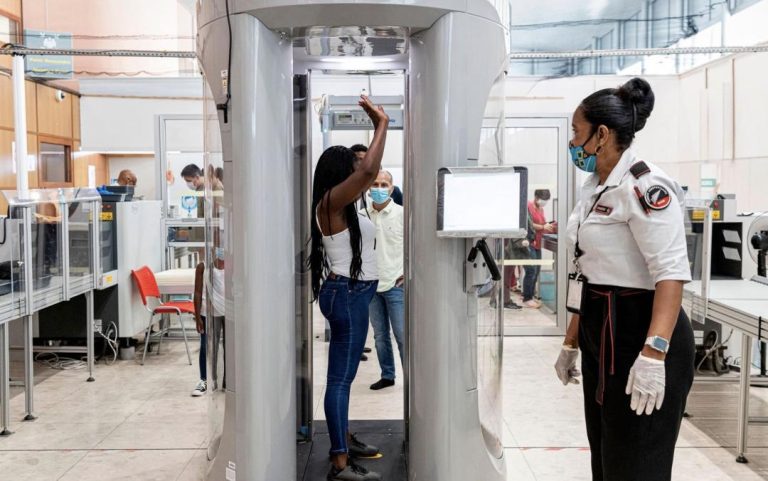
Founders can do most things, not everything: Anupam Mittal criticises Indian startups
In a recent series of tweets, Union Minister Piyush Goyal expressed his discontent with the Indian startup ecosystem, specifically pointing out a lack of focus on deep-tech startups. This critique has sparked a debate among entrepreneurs and industry experts, with one notable figure, Anupam Mittal, adding his voice to the conversation. In an interview, Mittal, the founder of PeopleGroup, a leading online matrimony platform, emphasized the need for a more comprehensive approach to entrepreneurship in India.
Mittal’s assertion that “founders can do most things but not everything” highlights the importance of acknowledging the limitations of entrepreneurs. While founders are often credited with their innovative ideas and vision, they may not have the expertise or resources to handle all aspects of their business. This realization has significant implications for the Indian startup ecosystem, where Mittal claims that capital and the ecosystem for growth and commercialization are severely lacking.
The Indian startup ecosystem has made significant progress in recent years, with many successful entrepreneurs and companies emerging from the country. However, the sector still faces numerous challenges, including a lack of funding, inadequate infrastructure, and a dearth of skilled talent. Mittal’s comments suggest that these issues are not limited to funding, but also extend to the broader ecosystem that supports startups.
One of the primary concerns is the availability of capital for startups. While there has been an increase in venture capital investment in India, it is still significantly lower than in other major startup hubs like the United States and China. This lack of funding can make it difficult for startups to scale and grow, ultimately limiting their potential for success.
Another critical issue is the availability of skilled talent. India has a large and growing pool of skilled professionals, but many of them are not interested in working for startups. This is due in part to the lack of job security and stability that comes with working for a startup, as well as the high levels of stress and pressure that often accompany this type of work.
Mittal’s comments also highlight the need for a more comprehensive approach to entrepreneurship in India. While many entrepreneurs are focused on solving specific problems or creating innovative products, there is a lack of focus on deep-tech startups that can drive meaningful change and growth. This is an area where the Indian government can play a critical role, by providing support and resources for entrepreneurs who are working on deep-tech projects.
In addition to the need for more capital and a stronger ecosystem, Mittal also emphasized the importance of mentorship and guidance for entrepreneurs. Many startups struggle to navigate the challenges of building and scaling a business, and mentorship can be a critical factor in their success. This is where the Indian government and other stakeholders can play a role, by providing resources and support for entrepreneurs who are looking for guidance and mentorship.
In conclusion, Anupam Mittal’s comments highlight the need for a more comprehensive approach to entrepreneurship in India. While founders can do most things, they cannot do everything, and it is essential that the ecosystem supports them in their endeavors. This includes providing access to capital, skilled talent, and mentorship, as well as creating a supportive environment that encourages innovation and growth.
Source: https://x.com/AnupamMittal/status/1908021700144545825






